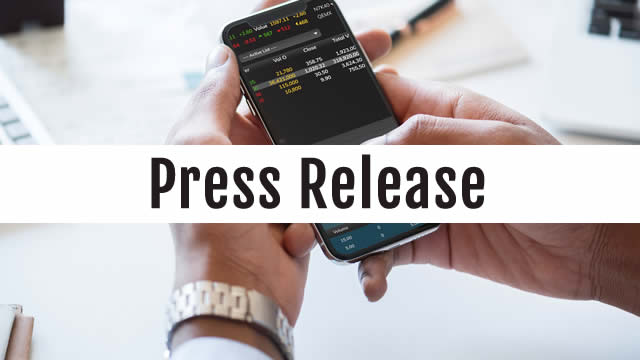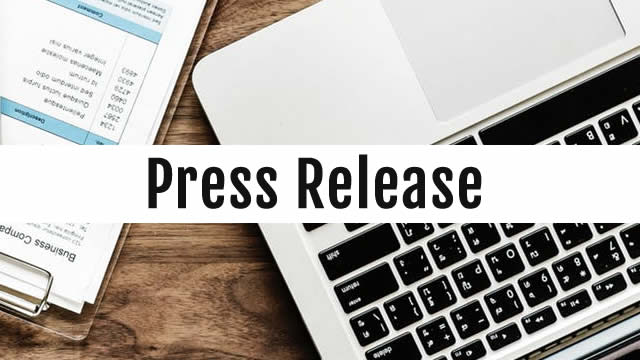Bank of America’s Q1 Earnings Amidst Recession Risk and Tariffs: A Detailed Analysis
As the economic landscape continues to grapple with the ongoing effects of the recession and the looming threat of tariffs, investors are left pondering the potential impact on individual stocks. One such company that has caught the eye of many is Bank of America (BAC). With its Q1 earnings report slated for April 15, let’s examine whether this financial powerhouse is worth betting on, despite the aforementioned risks.
Bank of America’s Performance Amidst Economic Uncertainty
Bank of America, as a leading global financial services firm, has shown resilience in the face of economic uncertainty. In the past, the company has weathered recessions and geopolitical tensions, posting steady earnings and maintaining a strong balance sheet. As of now, BAC’s stock price has remained relatively stable, hovering around the $33 mark. This could be attributed to the bank’s diverse revenue streams and its ability to adapt to changing market conditions.
Impact on Consumers: Higher Borrowing Costs
The potential negative consequences of the recession and tariffs on Bank of America, and by extension its customers, can be significant. One major area of concern is the increase in borrowing costs. As the Federal Reserve raises interest rates to combat inflation, consumers may face higher mortgage, credit card, and auto loan rates. This could lead to a decrease in consumer spending and a ripple effect on the overall economy.
- Mortgage rates could rise, making it more expensive for homebuyers to purchase or refinance properties.
- Credit card interest rates could increase, making it more costly for consumers to carry a balance.
- Auto loan rates could go up, making car purchases more expensive.
Impact on the World: Trade Tensions and Global Economy
The recession and tariffs pose a significant threat not only to Bank of America but to the global economy as a whole. The ongoing trade tensions between the United States and China, in particular, have the potential to disrupt global supply chains and cause a slowdown in international trade. This could lead to a decrease in corporate profits and a potential downturn in the stock market.
Conclusion: Balancing Risk and Reward
In conclusion, Bank of America’s Q1 earnings report on April 15 promises to shed some light on the company’s ability to navigate the economic uncertainty brought about by the recession and tariffs. While there are potential risks to both consumers and the global economy, the bank’s history of resilience and diverse revenue streams may make it an attractive investment opportunity for those willing to balance risk and reward.
It is essential for investors to stay informed about the economic landscape and the potential impact on individual stocks. By doing so, they can make informed decisions and adapt their portfolios to changing market conditions.
As always, it is recommended that investors consult with a financial advisor or conduct thorough research before making any investment decisions.





